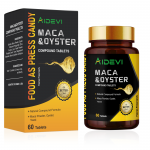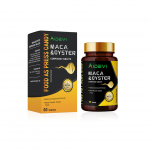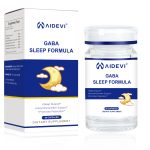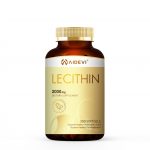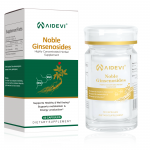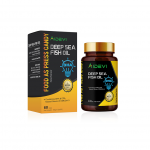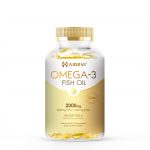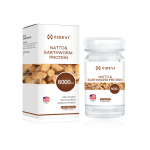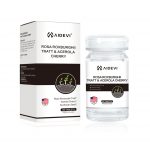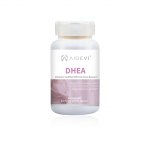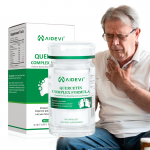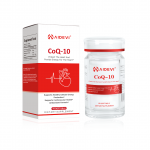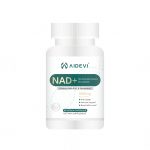Curcumin: Rivaling the effectiveness of common stomach medicine in curbing excess acid.
In the realm of natural remedies, ginger, renowned for its culinary uses, holds a longstanding position as a traditional remedy in Southeast Asia. A recent study from Thailand's Chulalongkorn University, published in the British Medical Journal of Evidence-Based Medicine, sheds light on the potential efficacy of curcumin, a compound in ginger, comparable to the stomach medication omeprazole in addressing indigestion and reducing excessive stomach acid.
Curcumin, the active polyphenolic curcuminoid derived from turmeric, exhibits diverse tautomeric structures, with enolic and keto forms in organic solvents and water, respectively. Widely recognized as a leading natural food coloring, curcumin boasts approval from authoritative bodies like the World Health Organization, the U.S. Food and Drug Administration, and numerous countries as a food additive.
Functioning as a non-steroidal anti-inflammatory drug with preventive attributes, curcumin showcases robust disease-fighting capabilities. Recent medical studies reveal its integral role in addressing various human ailments linked to free radical formation and inflammatory responses. The multiple double bonds within curcumin contribute to exceptional electron capture against free radicals, bestowing it with antioxidant prowess and anti-inflammatory effects.

The research underscores curcumin's anti-inflammatory properties, a natural compound found in ginger, which has been a traditional remedy in Southeast Asia for alleviating indigestion. While omeprazole serves as a widely used medication for digestive issues arising from excessive stomach acid, concerns about potential side effects, such as nutrient deficiencies and increased fracture risk with prolonged usage, have been raised.
The study, involving 206 participants aged 18 to 70 experiencing functional dyspepsia in Thailand from 2019 to 2021, demonstrated promising outcomes. After a 28-day trial, 151 participants completed it, revealing that the first and second groups, taking curcumin and omeprazole separately, outperformed the third group taking both after 56 days. Although no severe side effects were reported, participants with higher body weight taking curcumin experienced a decline in liver function.
While the study suggests curcumin's potential for clinical treatment, its small scale and limitations emphasize the need for larger and longer-term trials to confirm its efficacy.





